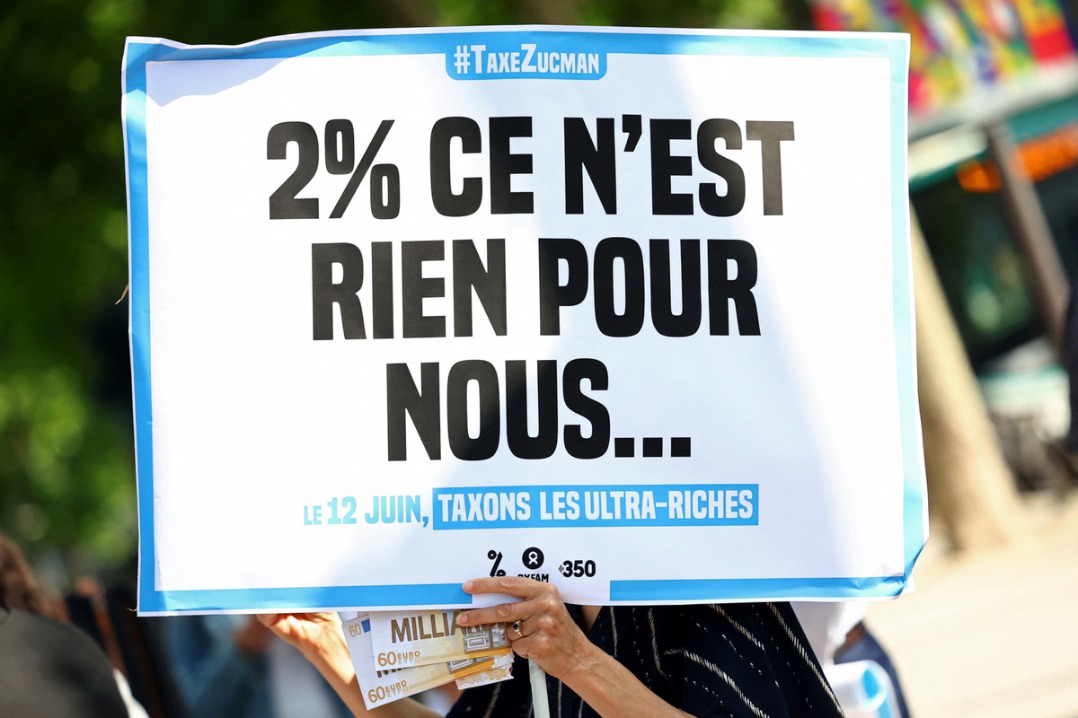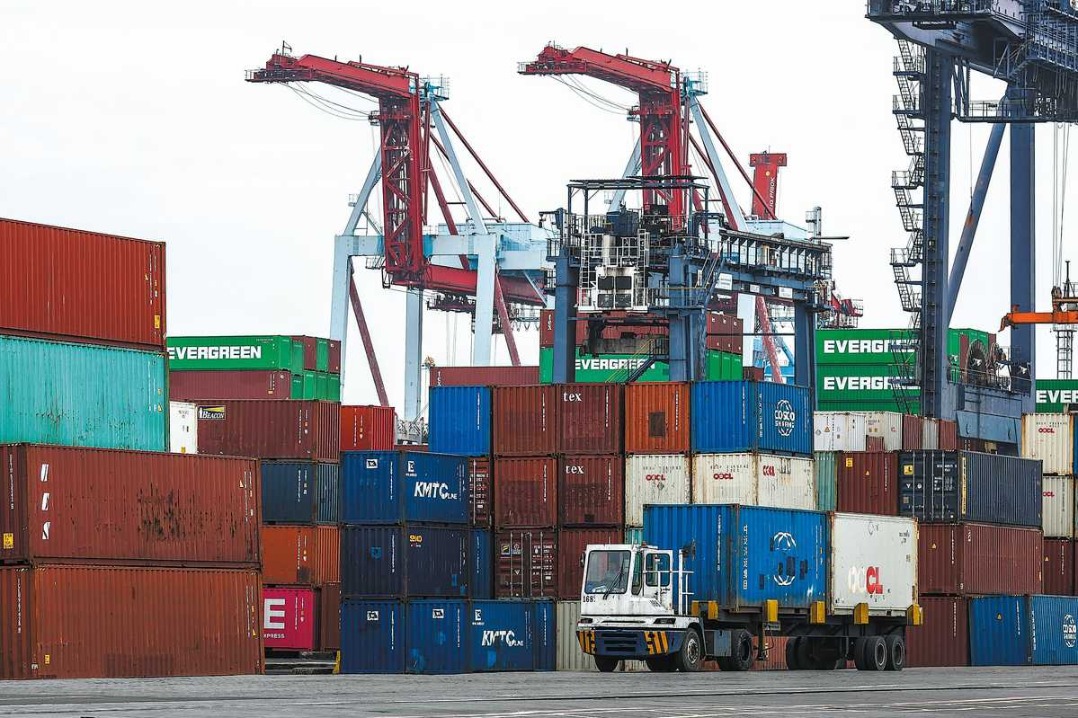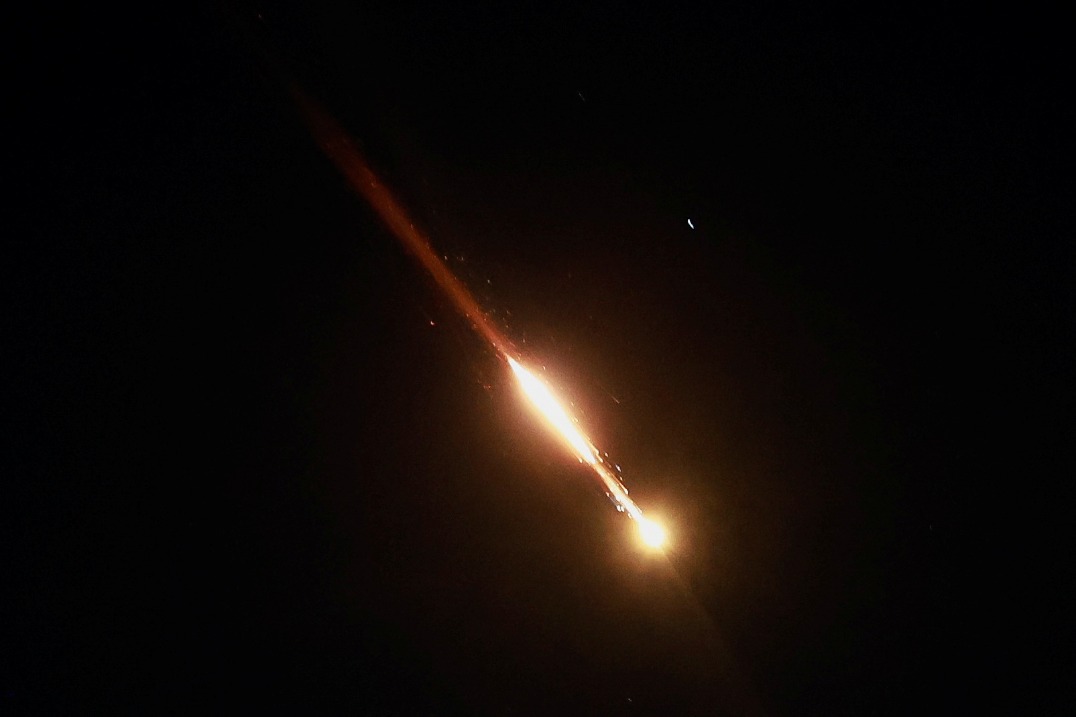Washington's bill fuels fresh clash with Europe

The conflict of interests between Europe and the United States is intensifying, analysts say, as the European Union voices strong concerns over a provision of US President Donald Trump's "Big Beautiful Bill".
Markus Ferber, vice-chair of the European Parliament's Subcommittee on Tax Matters, told Euronews on Thursday that the European Commission has raised the issue in its current tariff negotiations with the Trump administration.
Passed by the US House of Representatives late last month, the Big Beautiful Bill sets "special taxes aimed at jurisdictions that impose taxes on the US", Ferber said, worrying that it could levy a higher tax rate for European companies as a "retaliation" for certain taxes imposed upon US companies.
His concerns are not without reason, said Ding Chun, director of the Centre for European Studies at Fudan University in Shanghai.
"To realize his goal of the so-called 'Make America Great Again', Trump needs money to support all his ambitious plans, and taxing those he believes as enjoying low tax rates is a way of financing," Ding told China Daily.
"The Big Beautiful Bill should be considered as part of his efforts toward that goal within the framework of US-Europe tariff war. Especially, the Section 899 that Europeans care most about is apparently an instrument against possible countermeasures from other economies, the EU included."
In a report published on Monday, the European American Chamber of Commerce in New York said the Big Beautiful Bill "could have a material impact on many non-US persons with investments or activities in the US, including withholding taxes on dividends, interest payments and royalties from US to non-US persons as well as transfers of US branch profits to non-US firms".
"These withholding taxes may not fall within exemptions in tax treaties," it said.
Ding said the EU can hardly be considered on the upper hand in the current tariff war with the US, partly because of its trade surplus with the latter, which makes it more vulnerable to tariffs and taxes.
"But Europe also has the cards, as it could levy tariff and tax on US exports such as agricultural products, which makes the negotiations more balanced and gains Europe the confidence," he said.
Heavy dependence
Duan Demin, a professor of European studies at Peking University, said the US does not hold an overwhelming advantage over the EU because its "reindustrialization" relies heavily on Europe's precision-made industrial products, and its service sector is also highly exposed to the threat of European sanctions.
"Most EU and member state leaders believe that in the face of the Trump administration's aggressive posture, the bloc should avoid escalating retaliation that could cause serious damage to trans-Atlantic relations. However, it should clearly signal that countermeasures are possible," he said.
"The EU does not wish for tensions with the US to escalate. Ideally, both sides would step back and reach a compromise acceptable to all parties."
zhangzhouxiang@chinadaily.com.cn
?
































